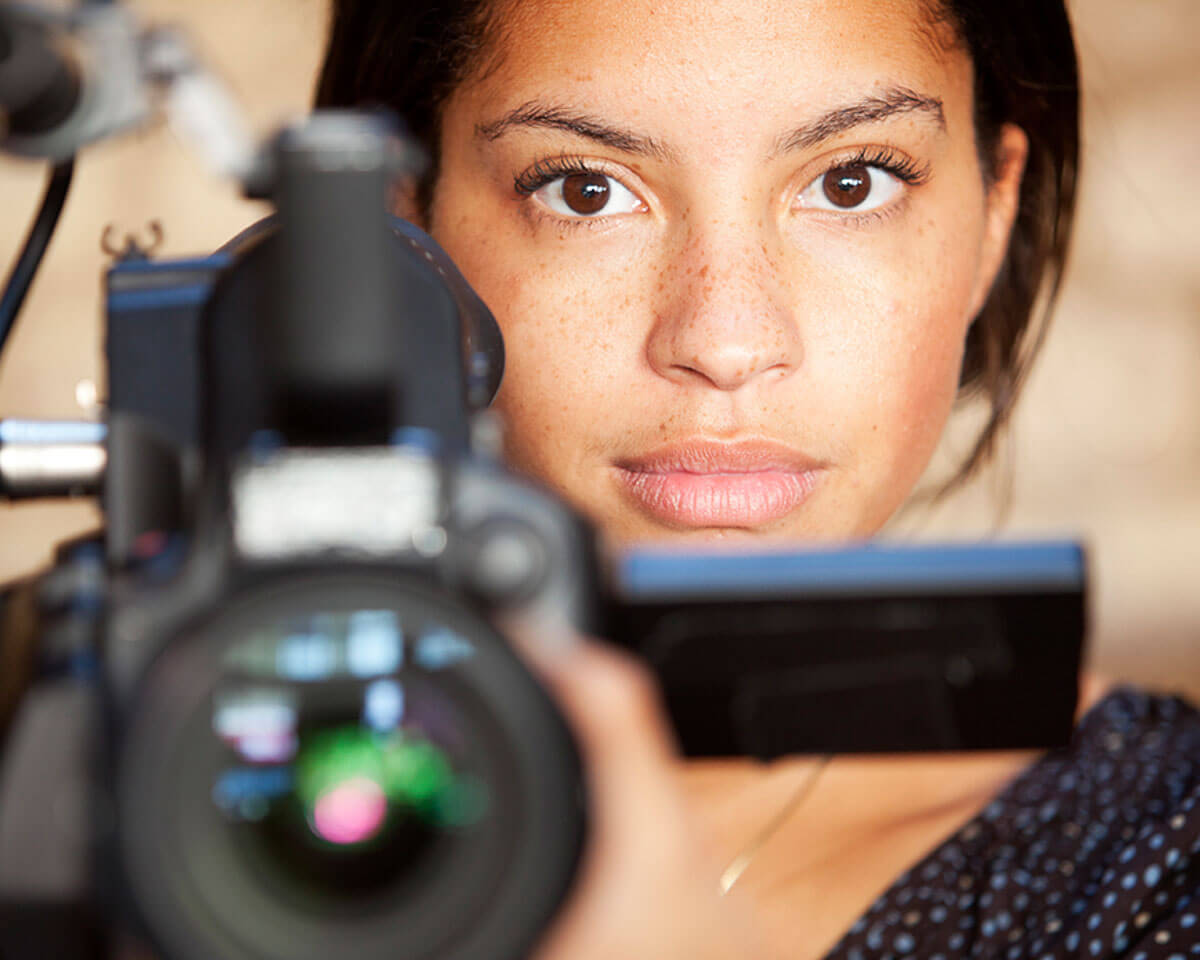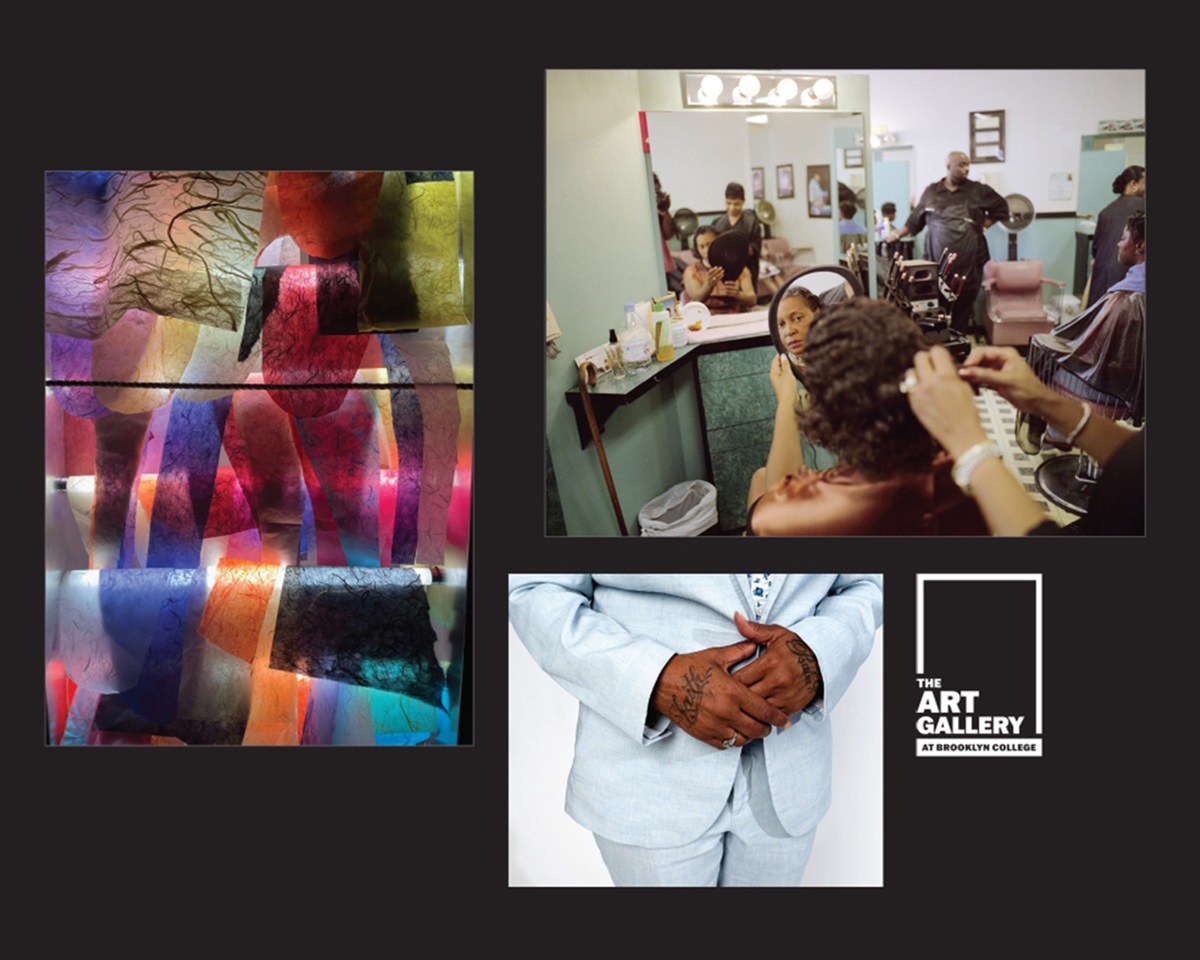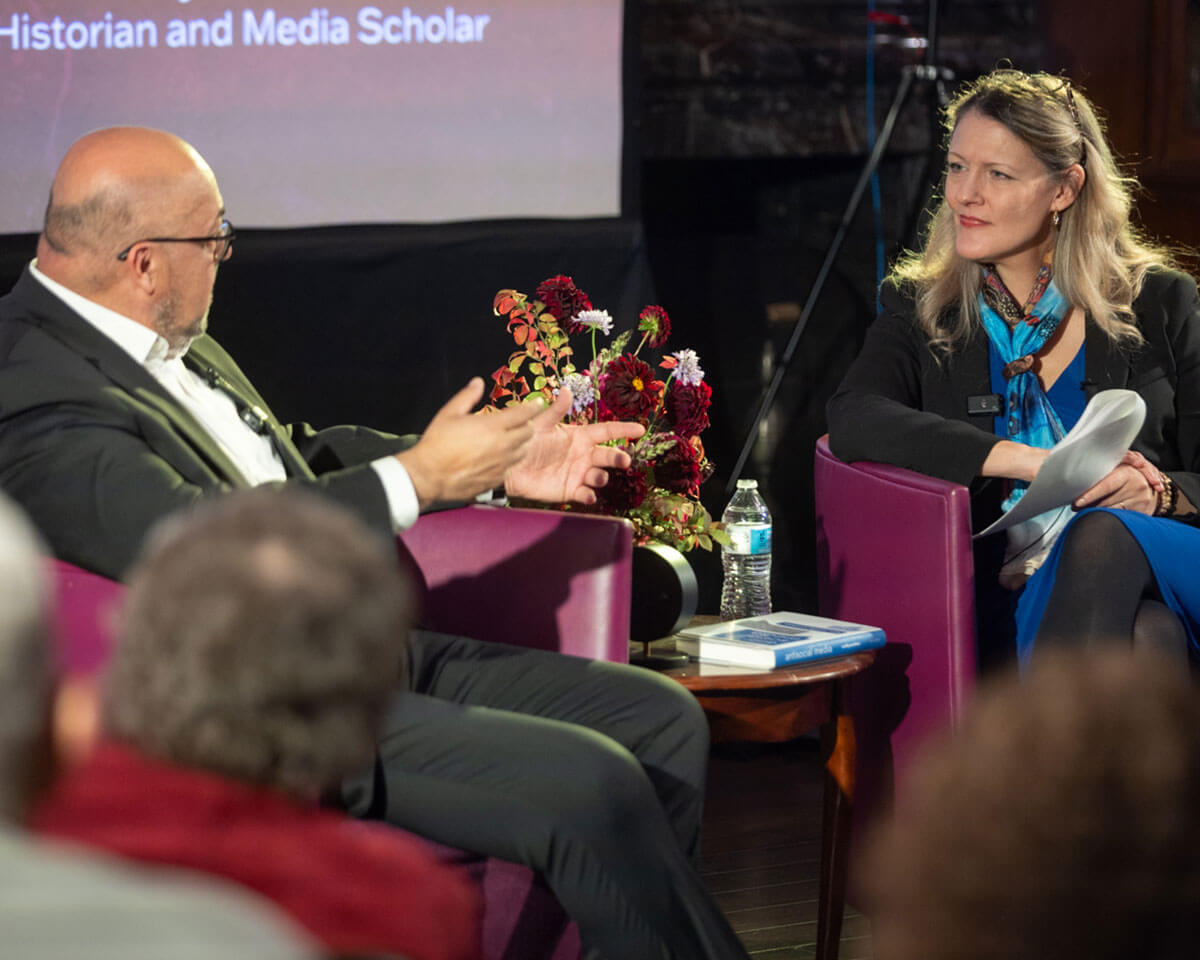David Negrin ’18 knows that the career path for most screenwriters is not a linear one. In 2014, he co-founded and served as the executive director of the NYC Screenwriters Collective, now the largest nonprofit screenwriting workshop in the city. The organization teaches aspiring scribes how to navigate the business.
“Screenwriting, in particular, has always had a very elusive ladder,” says Negrin, who was part of the inaugural class of M.F.A. graduates from the Feirstein Graduate School of Cinema.
So when officials at the Magner Career Center approached him last year about mentoring a screenwriting student, he did not hesitate. The student, Wade Smith ’20, had written a lot during his time at Feirstein and wanted to know how to translate that into a job.
Negrin’s advice was sober: “No one graduates with a screenwriting degree and walks into a job writing for a sitcom,” he told Smith. “Get an entry-level position working close to a literary agent or some other creative executive. You may not be writing, but you’re around the business of how writers get work done, and you will be meeting all the right people.” Writing is now your after-hours side hustle, he added, before letting Smith know he would read his scripts anytime.
“That goes for any Brooklyn College alumni,” he says.
If it was tough love, it was also “BC Family” love, the kind that comes from a shared hard-scrabble drive coupled with a recognition that without the long-vaunted history that graduates of similar film programs can count on to prop them up on their career paths, Feirstein’s alumni have to stick together.
The Feirstein School, a five-year-old program, has a new executive director, Richard N. Gladstein, a two-time Academy Award nominated film producer and plugged-in industry veteran who joined Feirstein this summer with an eye toward emphasizing mentorship, industry collaborations, and broadening the brand awareness.
He opened the semester by bringing in Academy Award nominated producer/director Reggie Hudlin for a Zoom chat with the students.
He has also spent time recruiting new advisory board members with mentorship in mind. Those new members include Neema Barnette, a CUNY graduate and Emmy Award winner who was the first Black woman to direct a primetime sitcom; Producer Nina Yang Bongiovi (The Godfather of Harlem, Fruitvale Station); Emmy Award winning music supervisor Randall Poster, a frequent Martin Scorsese and West Anderson collaborator who most recently worked on The Tiger King and The Irishman; and the first female academy award nominated cinematographer, Rachel Morrison, among others.
“We have to bring in professionals, we have to give our students the exposure to the industry,” he says. “I remind students all the time that they don’t have to know all the answers. We want to teach them how to have the right questions.”
Gladstein is also tending to a budding relationship with the Independent Film Project, the largest and oldest independent film nonprofit. This year, the organization offered a Feirstein alumnus, screenwriting graduate Robert Frankel ’20, a slot in their internship program, which provides mentorship opportunities and career-development workshops. They also invited current Feirstein students to participate as volunteers for IFP week, a series of meetings, screenings, and panels centered on connecting independent filmmakers to the industry and marketplace.
“These are the kinds of programs and interactions that create a network and gives our students new and important experiences that will lead to jobs,” says Gladstein.
Creating Networks
The undergraduate Film Department also does an exceptional job of providing students with the training and support they need to transition into the professional world. Since 1974, the department has been one of the most popular at Brooklyn College, nearly doubling in size over the last 10 years. The program has a reputation as one of the best undergraduate film schools in New York City for experiential learning, with a rich and accomplished alumni network successfully working in the industry. “The department prides itself as being a strong community and collective involving faculty, staff, alumni, and students working together to help students make their way in their career choices,” says Annette Danto, the undergraduate chair.
The undergraduate program is beefing up its efforts to help level the playing field for its students, connecting with two new programs that provide mentorship and funding opportunities while also enhancing some of its in-house services.
The department created interactive online career maps that help students identify what career pathways are available and included links to outside resources like grant applications and various competitions.
“The media and entertainment industry is predominately relationships driven,” says Judith Kenny, the director of academic affairs and operations for film and a CUNY film graduate. “Many of our students are the first in their families and communities to pursue careers in this arena. Without access to existing networks of professionals, it can be challenging to break in and begin a viable career.”
Kenny connected with a program called MediaMKRS (pronounced media makers), a partnership between the New York City Mayor’s Office of Media and Entertainment, media and production companies, labor unions, and CUNY, aimed at diversifying the local industry’s workforce. It provides soft-skills training, career exploration, and paid internship placement for mostly CUNY students in an effort to make a scalable difference by collaborating with industry, education, and local government. Students in the program also get access to job training programs like HBO’s Production Assistant Bootcamp and its Post Production Coordinator Training Program.
This summer, MediaMKRS welcomed its first cohort with weekly virtual courses taught by working professionals. Emily Freire, a junior and Film Production and Television, Radio, and Emerging Media double major, says she picked up useful skills in her weekly courses on active listening—how to take notes and be engaged—and participated in some valuable production-world simulations.
“We’d be given real-world assignments. Like, I’m the showrunner on a set, planning the shoot, organizing our day, and someone comes in and says your actor won’t be here for another two hours. So we have to adjust our schedule,” she explains. “I’ve never done that kind of prep before. We’re learning time management, how to communicate with others, how to think quick on our feet, and how to make a production go smoothly.”
After getting résumé and mock-interview assistance from one of her teachers in the MediaMKRS program, Freire, who says she would like to work in production management, ended up getting a research internship at the New York Production Alliance.
“MediaMKRS helps bridge the gap between our diverse and talented student body and employers in the media and entertainment industry,” says Kenny.
Kenny helped connect the department with another opportunity, which was initiated by Aimee Mann ’18, a producer for the production company Hayden5. They established the Hayden5 RISE Film Award—$10,000 given to a sophomore enrolled in the Film department and renewable each year through the recipient’s senior year. The recipient, sophomore Janae Laster, was just chosen through a selective application process led by the film faculty. She will also participate in four meetings per semester with the production company’s staff on various topics ranging from personal finance planning to internship applications, student film planning, and career development.
“So much of what we are capable of depends on what we believe we are capable of,” says Kenny. “There is no substitute for the confidence you build when you learn how to navigate a professional environment and apply your skills and talents in real and meaningful ways.”
Return to the BC Magazine



